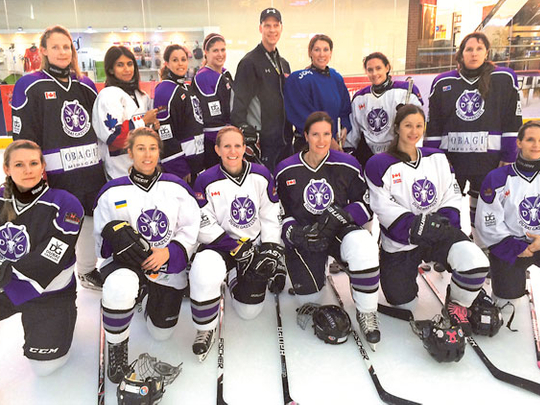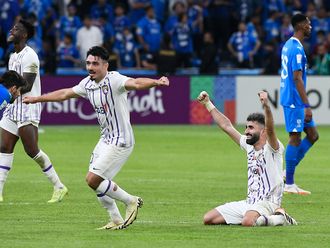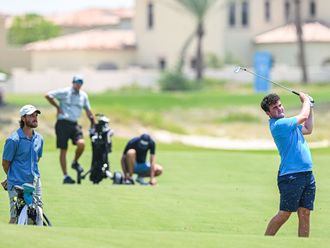
Dubai: Leading ice hockey coach Sean Skinner says more public ice rinks are needed in the UAE to spread the sport’s appeal among its indigenous population.
Skinner, 45, who has worked as a consultant across 32 countries and seven National Hockey League teams, is in the UAE this week to meet officials from the UAE Ice Hockey Federation.
Despite being impressed with the expatriate involvement in ice hockey here, Skinner said equal focus should also be placed on attracting more Emirati players and coaches in order to fill a national team of UAE passport holders and combat the void left by a transient expatriate population at club level.
“It’s all about the number of ice rinks,” said Skinner. “There’s one in Dubai Mall but it is mostly public session, so hockey only exists before the mall opens or after it closes.
“If you had a lot of smaller ice rinks all over the country — [like at Al Nasr Leisureland] — then the league would thrive, more Emiratis would play and ice hockey would really develop.”
The UAE is currently in the fourth and bottom tier of the annual International Ice Hockey Federation (IIHF) World Championships in amongst countries with a similar number of ice rinks per capita and players to choose from, like; Hong Kong and Luxembourg. However, Skinner said it would not take long for the UAE to rise in the divisions with the right training.
The right programme
“Nowadays if you get proper training you don’t necessarily have to be limited to the number of rinks and the size of your player pool — you can beat anyone. There’s no reason why the UAE can’t be promoted in two years if the right programme starts now.
“Russia is a great example. Canada has the largest player pool of 600,000 players and the most ice rinks. Russia only has 50,000 players and far less facilities. So, we need to look at their training.
“They don’t have a model open for recreation. That means to say if they don’t play well they don’t play. Also they have a unique programme where all local youth team coaches have to sit a four-year degree course. In Canada and the USA coaches are largely volunteers. The Russians also have more dry land training as well as on the ice, that’s why they are beating everyone because they are doubling up on their training.”











